Home>Renovation & DIY>Home Renovation Guides>What Do You Need For Home Improvements?
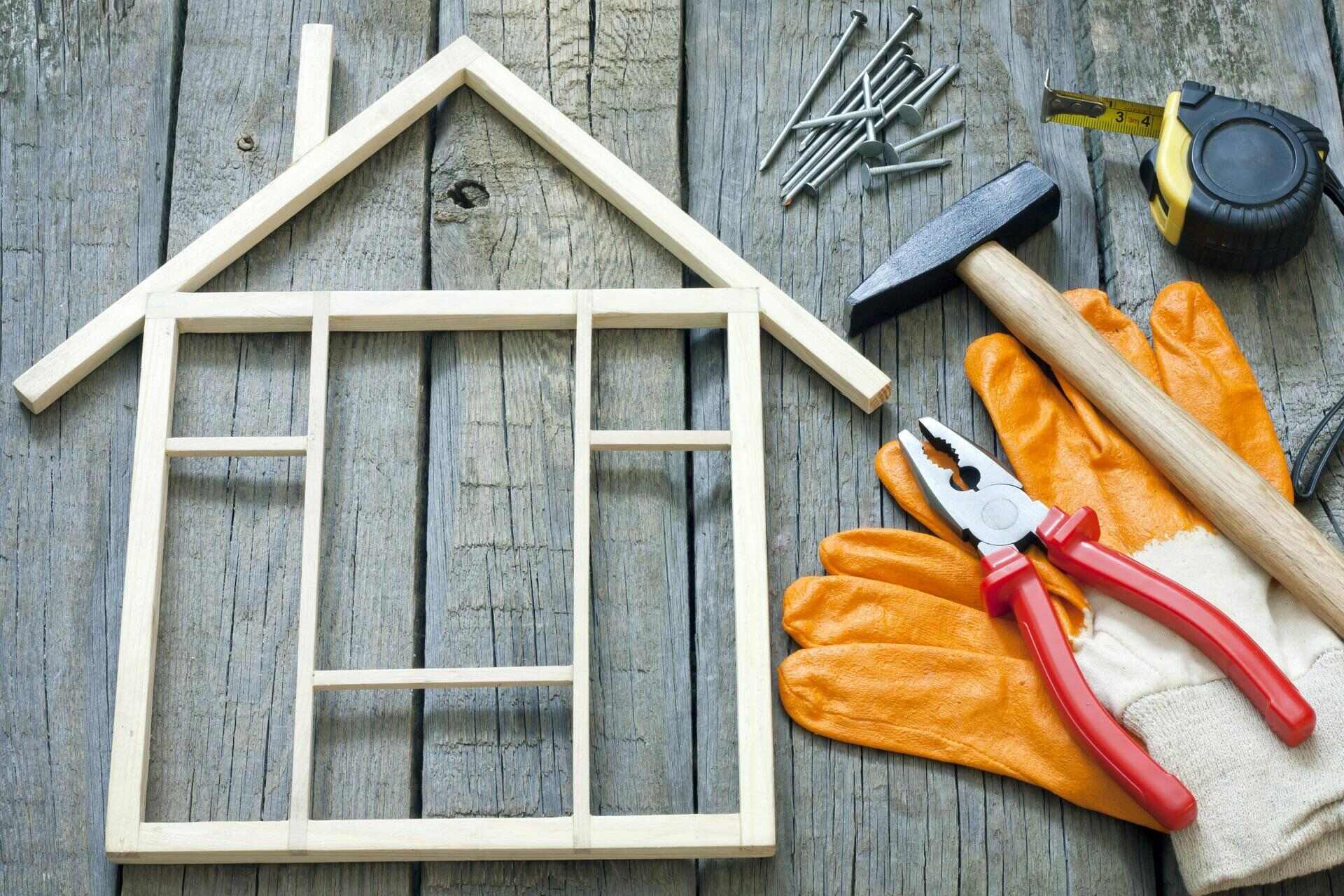

Home Renovation Guides
What Do You Need For Home Improvements?
Modified: October 20, 2024
Discover essential tips and guides for home renovations. Find out what you need to know for successful home improvements. Explore expert advice now!
(Many of the links in this article redirect to a specific reviewed product. Your purchase of these products through affiliate links helps to generate commission for Storables.com, at no extra cost. Learn more)
Introduction
Welcome to the world of home improvements! Whether you’re a seasoned DIY enthusiast or a first-time homeowner looking to spruce up your living space, embarking on a home renovation project can be an exciting and rewarding endeavor. From minor touch-ups to full-scale remodels, the possibilities for enhancing your home are virtually endless. However, before diving headfirst into the realm of home improvements, it’s crucial to understand the essentials required for a successful and satisfying renovation journey.
In this comprehensive guide, we’ll explore the fundamental elements necessary for home improvements, including budgeting considerations, essential tools and equipment, required materials and supplies, the option of hiring contractors, navigating permits and regulations, prioritizing safety precautions, and more. By the end of this article, you’ll be equipped with the knowledge and insights to confidently tackle your home renovation projects, ensuring that your vision becomes a reality while staying within budget and adhering to best practices.
Key Takeaways:
- Plan your home improvement budget carefully, considering quality and potential return on investment. Explore financing options and prioritize safety to ensure a successful and stress-free renovation experience.
- Equip yourself with the right tools, materials, and contractors for your home improvement projects. Understand and comply with permits and regulations while prioritizing safety at every step.
Budgeting for Home Improvements
Before embarking on any home improvement project, it’s essential to establish a realistic budget. Determining the scope of your renovation and allocating funds accordingly is the cornerstone of a successful home improvement endeavor. Start by assessing the areas of your home that require attention and prioritize the projects based on urgency and feasibility. Whether it’s a kitchen remodel, bathroom upgrade, or outdoor landscaping, each project should be carefully evaluated to determine the associated costs.
Researching the current market prices for labor, materials, and potential contractor fees is crucial in creating an accurate budget. It’s advisable to set aside a contingency fund of around 10-20% of the total budget to accommodate unexpected expenses that may arise during the renovation process. Additionally, consider the potential return on investment for each project, especially if you plan to sell your home in the future.
When budgeting for home improvements, it’s important to strike a balance between quality and cost-effectiveness. While it’s tempting to opt for the lowest-priced materials and labor, investing in durable, high-quality products and skilled professionals can save you money in the long run by reducing the need for frequent repairs and replacements.
Furthermore, exploring financing options such as home improvement loans, lines of credit, or refinancing your mortgage can provide additional flexibility in funding your renovation projects. Keep in mind that thorough budgeting and financial planning are essential for a smooth and stress-free home improvement experience, allowing you to achieve your desired results without compromising on quality or functionality.
Tools and Equipment
Equipping yourself with the right tools and equipment is paramount for executing home improvement projects with precision and efficiency. Whether you’re a DIY enthusiast or hiring professionals, having the necessary tools at your disposal can streamline the renovation process and ensure that the work is carried out to the highest standards.
Basic hand tools such as hammers, screwdrivers, wrenches, pliers, and tape measures are indispensable for a wide range of tasks, from simple repairs to complex installations. Power tools, including drills, saws, sanders, and routers, significantly expedite the renovation process and enable you to tackle more intricate projects with ease.
For specialized tasks such as plumbing, electrical work, or masonry, investing in tools tailored to these disciplines is essential. Pipe wrenches, wire strippers, voltage testers, tile cutters, and trowels are just a few examples of specialized tools that can facilitate specific aspects of your home improvement projects.
Additionally, safety equipment such as goggles, gloves, respirators, and hearing protection should never be overlooked. Prioritizing safety not only safeguards you and your team from potential hazards but also promotes a productive and secure working environment.
While purchasing tools, opt for reputable brands known for their durability and performance. Quality tools may entail a higher initial investment, but they are likely to outlast and outperform their cheaper counterparts, ultimately saving you time and money in the long term.
For larger projects that require heavy machinery or equipment, consider renting rather than purchasing. This approach can be cost-effective, especially for infrequent or one-time-use tools, and it eliminates the need for long-term storage and maintenance.
Ultimately, having a well-equipped toolbox tailored to your specific renovation needs empowers you to take on diverse projects with confidence, ensuring that you have the right tools for the job at hand.
Materials and Supplies
Choosing the right materials and supplies is pivotal in achieving the desired aesthetic, functionality, and longevity of your home improvement projects. Whether you’re renovating your kitchen, revamping your outdoor space, or upgrading your flooring, the selection of materials plays a significant role in the overall outcome of the renovation.
When it comes to materials for interior renovations, such as flooring, cabinetry, and countertops, factors such as durability, maintenance requirements, and aesthetic appeal should be carefully considered. For example, hardwood flooring offers timeless elegance and longevity, while laminate flooring provides a cost-effective alternative with easy maintenance.
For exterior projects, including landscaping, decking, and siding, weather resistance, sustainability, and visual harmony with the surroundings are key considerations. Opting for eco-friendly materials, such as composite decking or permeable pavers, can enhance the sustainability of your outdoor spaces while minimizing environmental impact.
Procuring supplies from reputable vendors and suppliers ensures the quality and authenticity of the materials, reducing the risk of defects or subpar performance. Additionally, leveraging bulk purchasing or seasonal promotions can yield cost savings without compromising on the quality of the materials.
It’s essential to accurately calculate the required quantities of materials to avoid overstocking or underestimating, which can lead to project delays and additional expenses. Working closely with your contractor or supplier to create a detailed materials list based on the project specifications can streamline the procurement process and minimize wastage.
Furthermore, staying informed about the latest trends and innovations in construction and renovation materials can inspire fresh ideas and introduce innovative solutions to your projects. Whether it’s incorporating energy-efficient appliances, sustainable building materials, or smart home technologies, staying abreast of industry advancements can elevate the quality and functionality of your home improvements.
Ultimately, the careful selection of materials and supplies tailored to your specific renovation goals is instrumental in realizing your vision and creating a living space that aligns with your lifestyle and preferences.
Before starting home improvements, make sure to have the necessary tools and materials on hand. This can include items like a hammer, nails, screws, screwdriver, drill, measuring tape, and safety equipment.
Hiring Contractors
When tackling extensive or complex home improvement projects, enlisting the expertise of qualified contractors can streamline the renovation process and ensure professional-grade results. Whether it’s a major structural renovation, electrical rewiring, or plumbing overhauls, hiring contractors with the right skills and experience is crucial for the success of your projects.
Start by conducting thorough research to identify reputable contractors with a proven track record in delivering high-quality work within budget and schedule. Seek recommendations from friends, family, and online reviews, and request references from potential contractors to gauge their reliability and craftsmanship.
Obtaining multiple quotes from different contractors allows you to compare pricing, evaluate the scope of work, and negotiate favorable terms. While cost is an important factor, prioritize contractors who demonstrate clear communication, transparency, and a comprehensive understanding of your renovation goals.
Verify that the contractors hold the necessary licenses, insurance, and certifications required for the specific tasks involved in your project. Working with licensed professionals not only ensures compliance with building codes and regulations but also provides recourse in the event of unforeseen issues or disputes.
Upon selecting a contractor, formalize the agreement with a detailed contract outlining the scope of work, project timeline, payment schedule, and warranties. Clarity in the contractual terms minimizes misunderstandings and establishes a framework for accountability and quality assurance throughout the renovation process.
Effective communication with your contractors is essential for aligning expectations, addressing concerns, and adapting to any unforeseen circumstances that may arise during the renovation. Maintaining an open line of dialogue fosters a collaborative working relationship and promotes a positive renovation experience for all parties involved.
Throughout the renovation, regular site visits and progress updates enable you to stay informed about the project’s status and ensure that the work is being executed according to the agreed-upon standards. Address any deviations or issues promptly to maintain the project’s momentum and quality.
By entrusting your home improvement projects to reputable and qualified contractors, you can leverage their expertise to bring your vision to life, confident in the knowledge that your renovations are in capable hands.
Permits and Regulations
Adhering to permits and regulations is a critical aspect of home improvement projects, ensuring that the renovations comply with local building codes and zoning ordinances. Before commencing any substantial alterations to your property, it’s imperative to familiarize yourself with the permit requirements and regulatory standards applicable to your location.
Begin by consulting with your local building department or planning authority to ascertain the necessary permits for your proposed renovations. Whether it’s structural modifications, electrical upgrades, plumbing alterations, or exterior additions, each type of renovation may require specific permits to proceed lawfully.
Understanding the permitting process and associated timelines is essential for incorporating these factors into your project schedule. Delays in obtaining permits can impede the progress of your renovations and may result in costly repercussions, such as fines or mandated reversals of the work completed without proper authorization.
Compliance with building codes and regulations not only ensures the safety and structural integrity of your home but also contributes to the preservation of property values and neighborhood aesthetics. By aligning your renovations with the established standards, you uphold the overall quality and desirability of your community.
Additionally, zoning regulations governing property setbacks, height restrictions, and land usage must be considered, particularly for outdoor renovations such as landscaping, fencing, or the construction of additional structures. Ensuring conformity with these regulations prevents potential conflicts with neighbors and local authorities while safeguarding the harmonious development of your property.
Engaging professionals, such as architects, engineers, or contractors with expertise in local regulations, can facilitate the permitting process and ensure that your renovations are designed and executed in accordance with the stipulated guidelines. Their insights and familiarity with the regulatory landscape can streamline the approval process and preempt potential compliance issues.
By proactively addressing permits and regulations, you can embark on your home improvement projects with the confidence that your renovations are not only aesthetically pleasing and functional but also compliant with the legal and regulatory frameworks governing construction and property development.
Safety Precautions
When undertaking home improvement projects, prioritizing safety is paramount to safeguarding yourself, your family, and anyone else involved in the renovation process. By implementing comprehensive safety measures and adhering to best practices, you can mitigate potential hazards and create a secure environment for the execution of your projects.
Before commencing any renovations, familiarize yourself with the specific safety protocols and equipment relevant to the tasks at hand. For instance, when working with power tools, wearing appropriate personal protective equipment (PPE) such as goggles, gloves, and ear protection is essential to prevent injuries and minimize exposure to noise and airborne particles.
For projects involving heights or heavy lifting, utilizing sturdy ladders, scaffolding, and lifting equipment in accordance with manufacturer guidelines reduces the risk of falls and musculoskeletal strains. Adhering to weight limits and proper lifting techniques further mitigates the potential for accidents and injuries.
When working on electrical systems or conducting wiring installations, turning off the power supply at the circuit breaker and testing for live wires before commencing work is crucial to prevent electrocution and electrical fires. Additionally, seeking the expertise of licensed electricians for intricate electrical tasks ensures compliance with safety standards and minimizes the risk of electrical mishaps.
In the realm of construction and demolition, employing proper demolition techniques, dust containment measures, and respiratory protection safeguards against airborne contaminants and structural hazards. Furthermore, adhering to load-bearing capacity guidelines and structural integrity assessments is imperative for preventing structural collapses during renovations.
Asbestos and lead-based paint testing should be conducted in older homes before commencing renovations, as exposure to these hazardous materials can pose severe health risks. Engaging certified professionals to handle asbestos abatement and lead paint removal is essential to ensure the safe and compliant remediation of these substances.
Lastly, maintaining a clean and organized work environment by promptly removing debris, securing loose cables and cords, and clearly marking potential hazards enhances overall safety and minimizes the risk of accidents and tripping hazards.
By integrating safety precautions into every phase of your home improvement projects, you can create a secure and conducive environment for realizing your renovation aspirations while safeguarding the well-being of everyone involved.
Conclusion
Embarking on home improvement projects is an exhilarating journey that empowers you to transform your living space into a personalized oasis of comfort, functionality, and aesthetic appeal. From budgeting considerations and the acquisition of essential tools and materials to navigating permits, regulations, and safety precautions, each facet of the renovation process plays a pivotal role in shaping the success and satisfaction of your endeavors.
By meticulously budgeting for your renovations, you lay the groundwork for a financially sound and well-executed transformation of your home. Careful consideration of costs, potential returns on investment, and financing options enables you to embark on your projects with confidence and clarity.
Equipping yourself with the right tools and materials tailored to your renovation goals empowers you to tackle diverse projects with precision and efficiency. Whether it’s basic hand tools, power equipment, or specialized materials, having the necessary resources at your disposal sets the stage for a seamless and productive renovation experience.
When the scope of your renovation surpasses DIY capabilities, enlisting the expertise of qualified contractors ensures that your projects are executed to professional standards. Thorough research, clear communication, and formalized agreements with contractors lay the groundwork for a collaborative and successful renovation partnership.
Understanding and complying with permits and regulations governing your renovations is essential for upholding legal and safety standards while contributing to the overall integrity and value of your property. By navigating the regulatory landscape with diligence and foresight, you create a solid foundation for your home improvements.
Prioritizing safety throughout every phase of your renovations is paramount to safeguarding the well-being of everyone involved. By implementing comprehensive safety measures, adhering to best practices, and leveraging appropriate safety equipment, you foster a secure and conducive environment for the execution of your projects.
In conclusion, the successful realization of your home improvement visions hinges on a holistic approach that encompasses budgeting, resource acquisition, regulatory compliance, and safety consciousness. By embracing these fundamental elements, you embark on a transformative and fulfilling renovation journey, culminating in a living space that reflects your unique style and enhances your quality of life.
Frequently Asked Questions about What Do You Need For Home Improvements?
Was this page helpful?
At Storables.com, we guarantee accurate and reliable information. Our content, validated by Expert Board Contributors, is crafted following stringent Editorial Policies. We're committed to providing you with well-researched, expert-backed insights for all your informational needs.

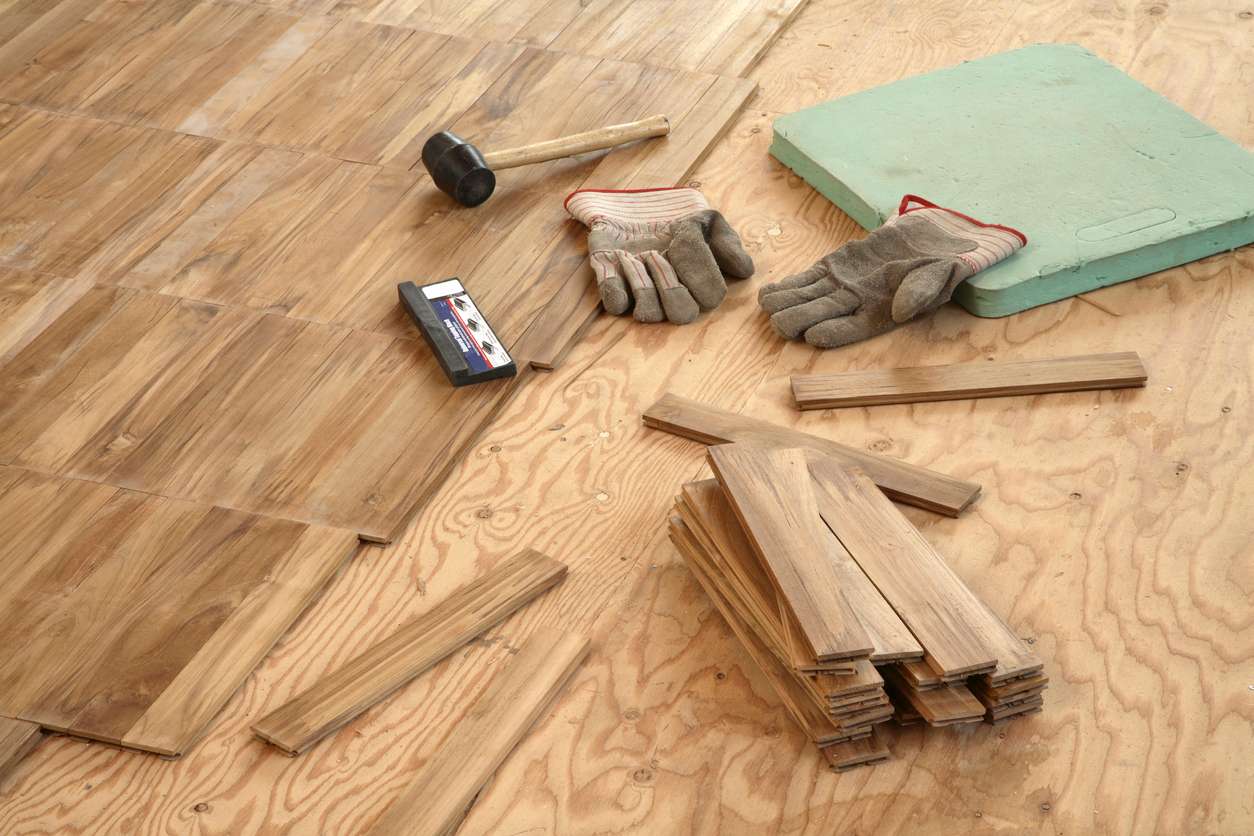
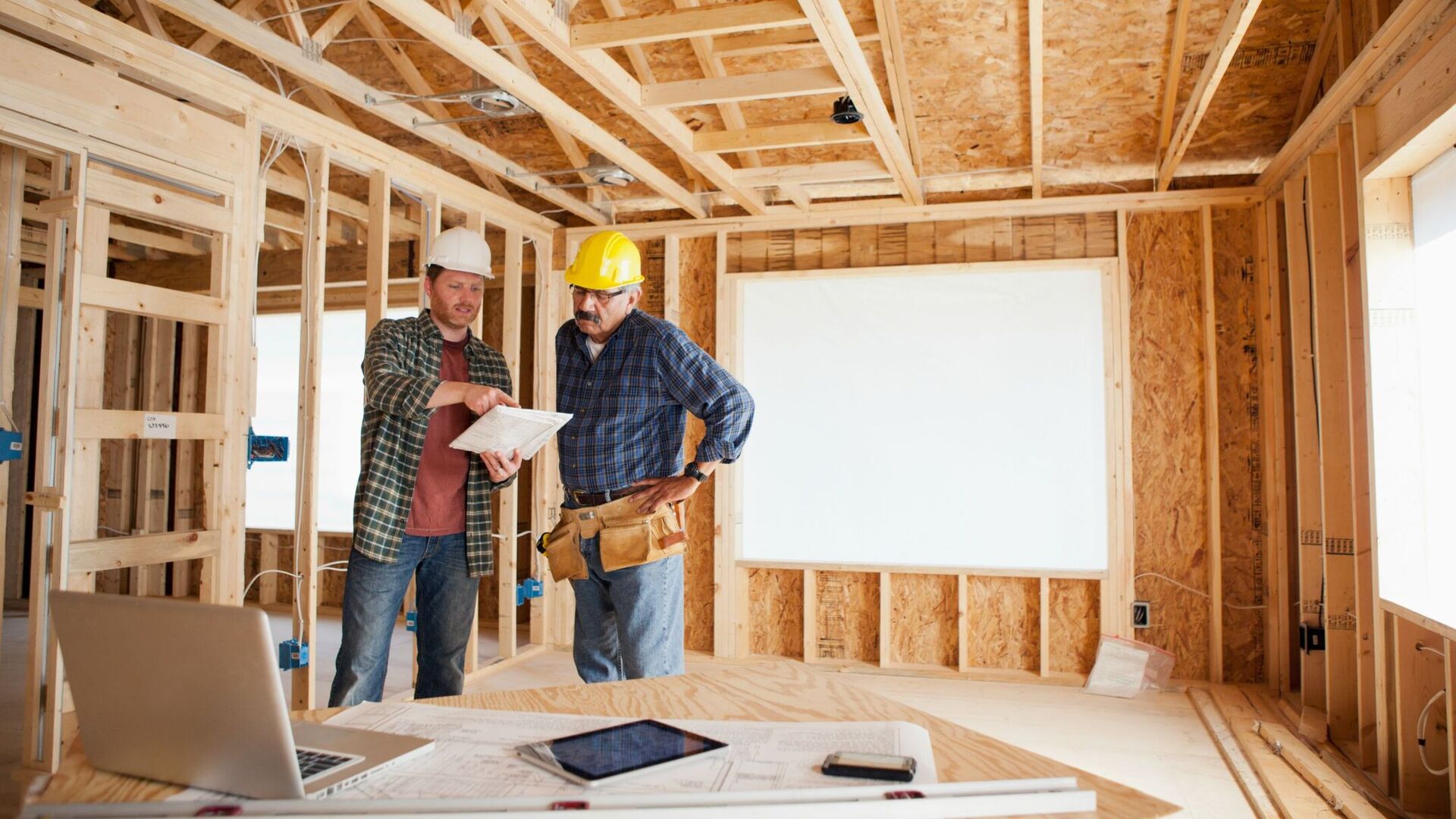

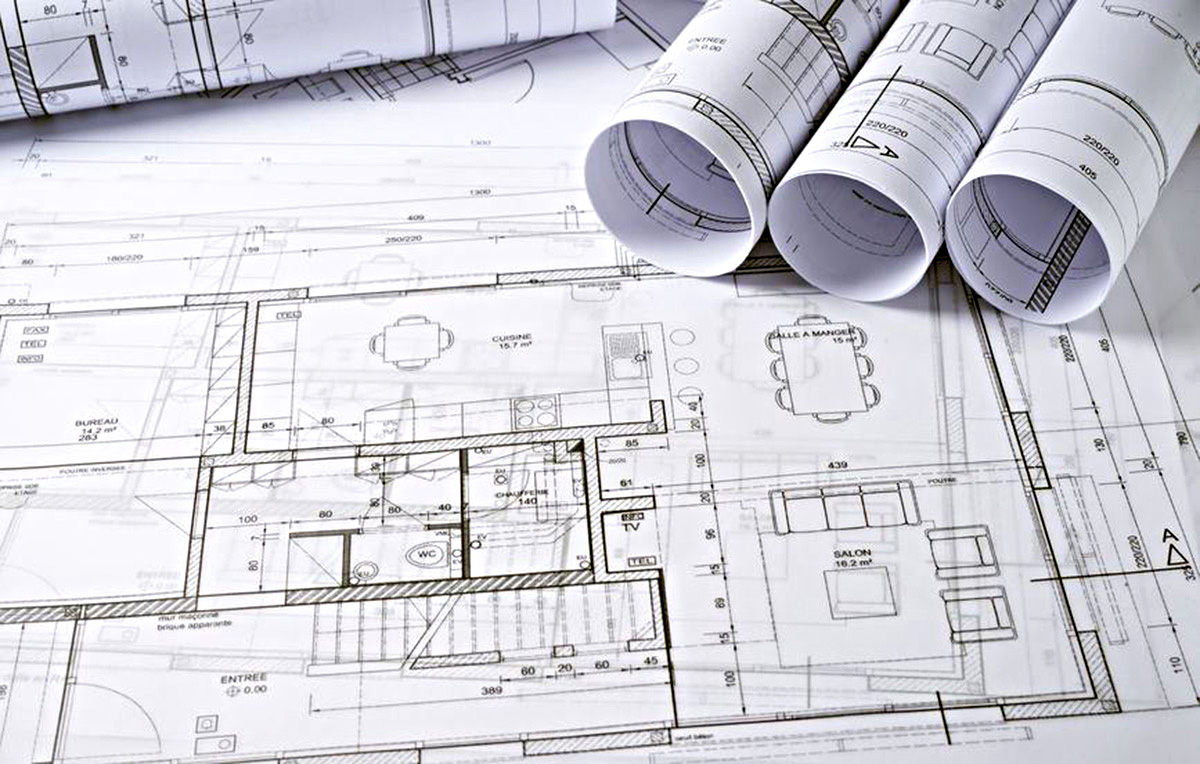
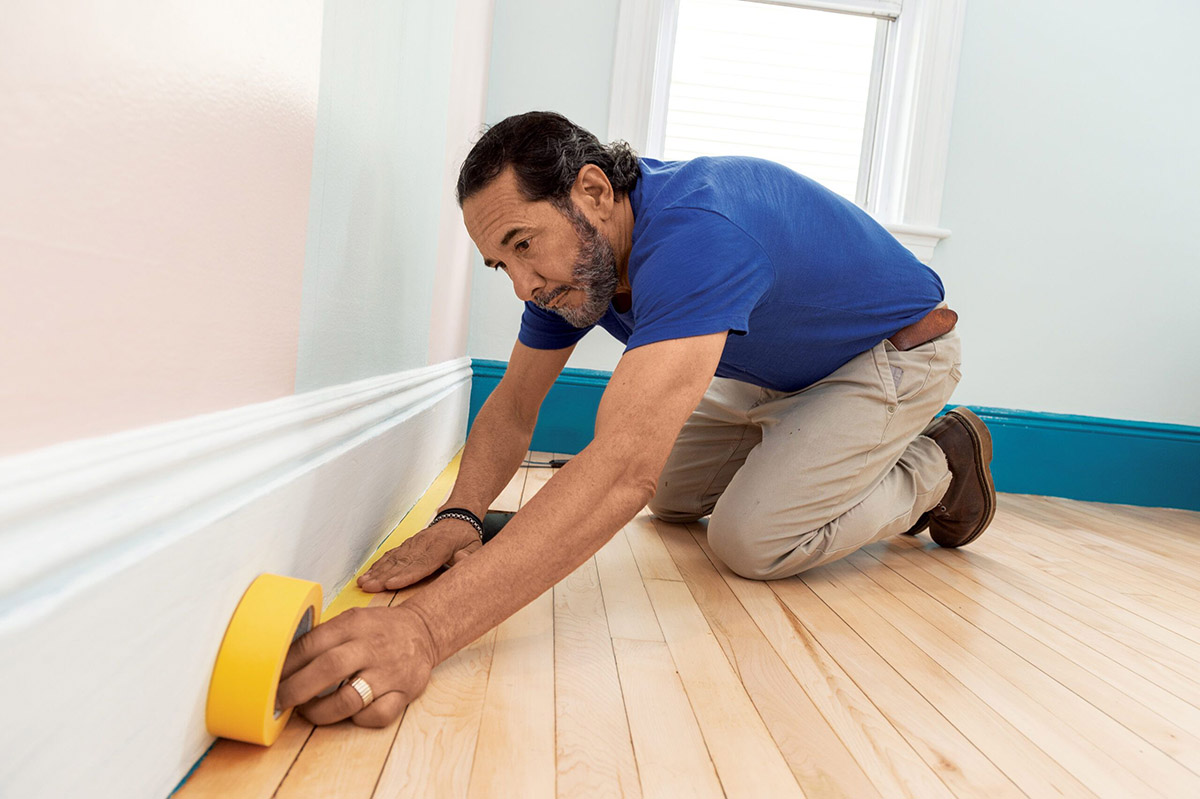


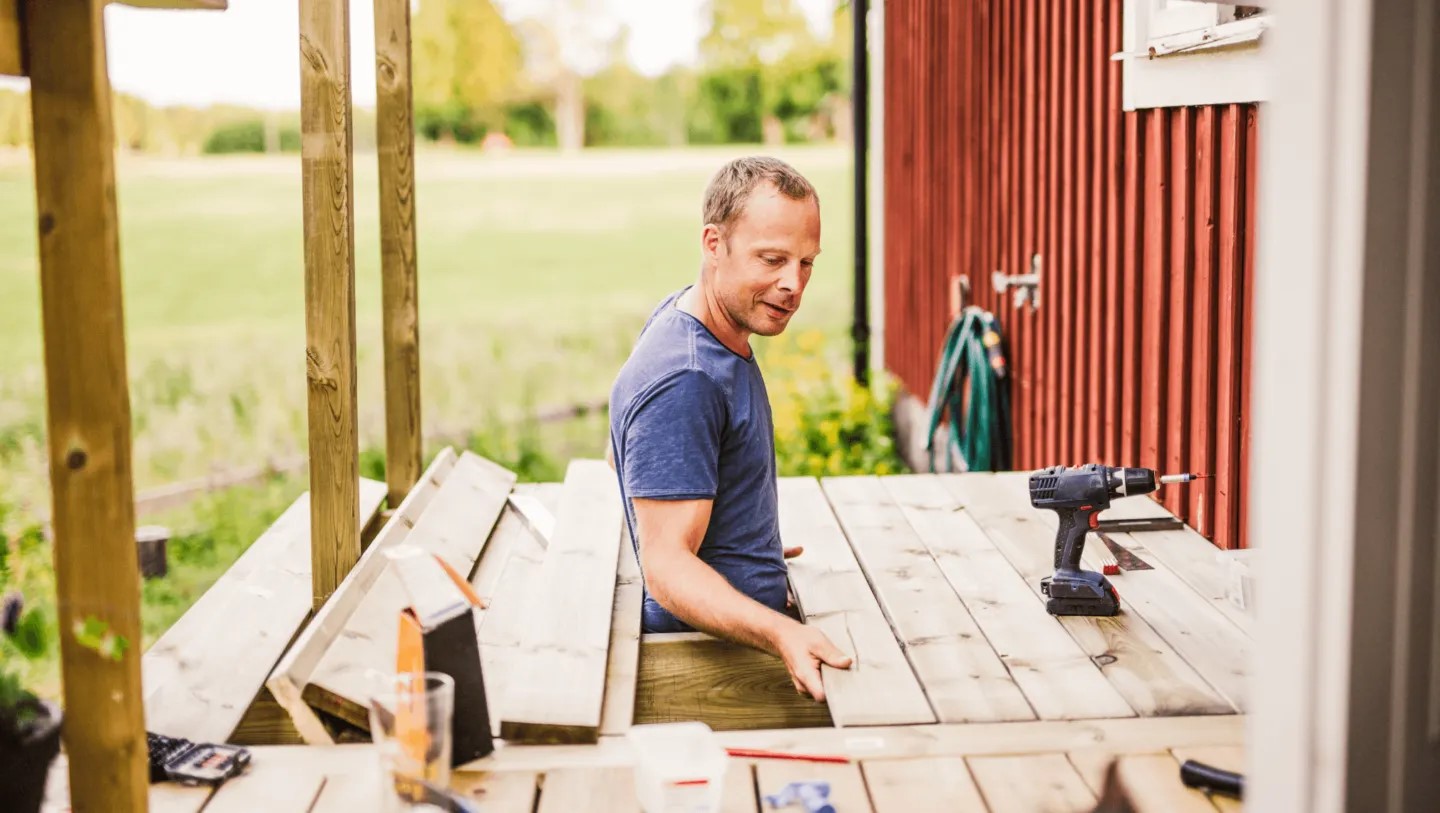






0 thoughts on “What Do You Need For Home Improvements?”